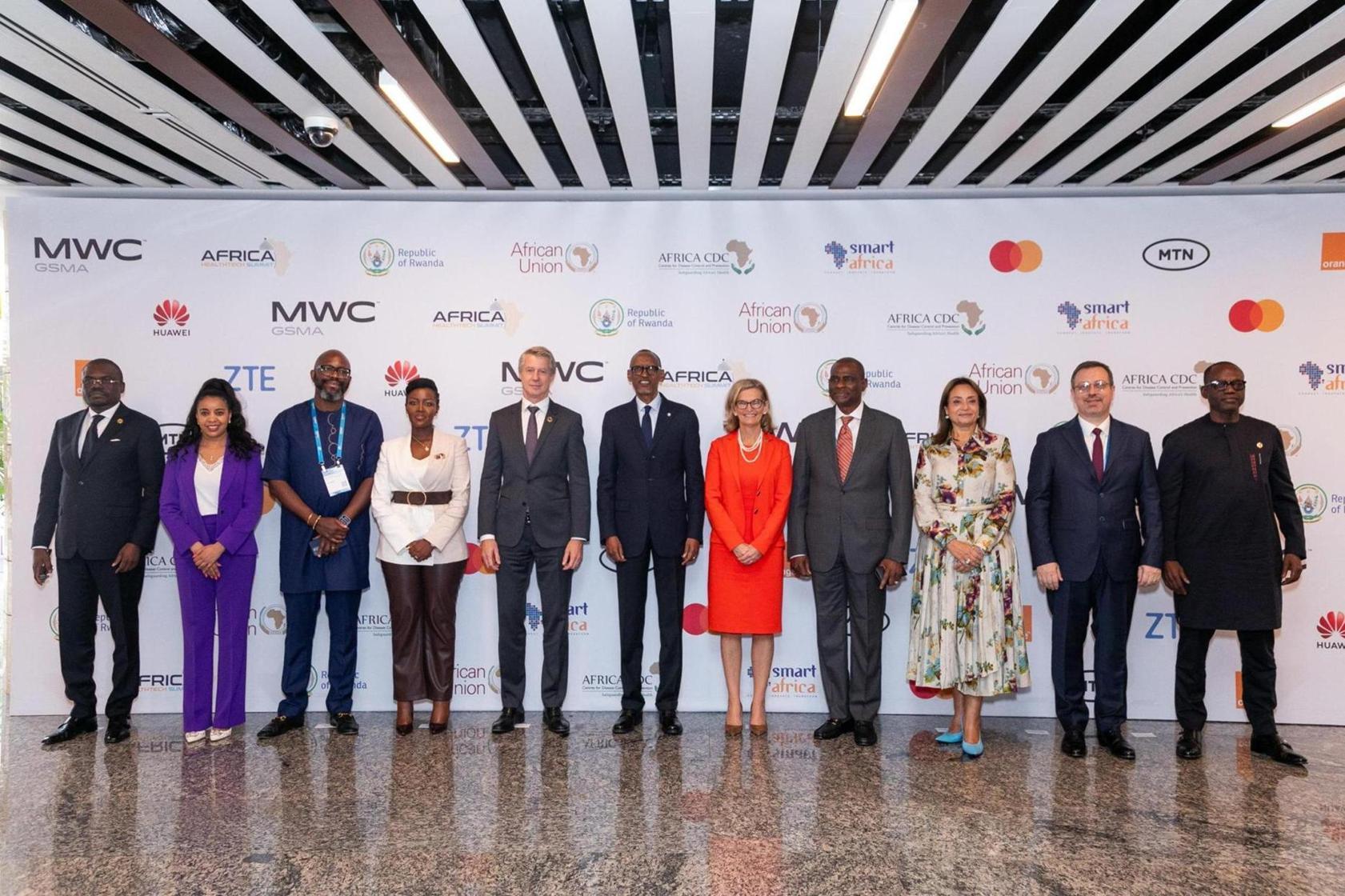Africa-Press – Botswana. The Groupe Spécial Mobile Association (GSMA), in collaboration with major telecommunications operators, device manufacturers, financial institutions, and other stakeholders, has launched a global coalition to reduce the cost of mobile phones in low—and middle-income countries (LMICs) across Africa and Asia.
The coalition includes prominent telecom operators such as MTN Group, Orange, Vodafone, and Ethio Telecom, as well as leading device makers like Huawei, ZTE, and Honor. Financial institutions such as the International Finance Corporation (IFC) and the World Bank are also part of the initiative.
According to GSMA, the coalition, including players in the device ecosystem such as Google, Intelligra, and M-Kopa, aims to collaborate on lowering the cost of entry-level smartphones. This effort addresses the significant affordability challenge in LMICs, where many individuals, despite having access to mobile broadband coverage, do not use mobile internet services due to high device costs.
“In LMICs, mobile broadband remains the primary, and often the sole, means of internet access. Despite awareness of digital services, affordability and accessibility of internet-capable devices remain major barriers,” GSMA emphasized.
The association highlighted that entry-level mobile devices typically consume a significant portion of monthly incomes in these regions, posing a barrier to digital inclusion. It noted that collaborative efforts among stakeholders are crucial to overcoming this challenge and narrowing the usage gap.
While acknowledging existing efforts by companies to reduce handset costs, GSMA underscored the coalition’s role in spearheading new strategies and innovations to enhance handset affordability.
Additionally, GSMA called for governments to eliminate import duties and sector-specific taxes, which can substantially increase device costs. It emphasized that addressing the affordability barrier involves:
Reducing handset prices and enhancing consumer willingness to pay.
Promoting digital skills.
Expanding access to financing.
The initiative aligns with broader goals outlined in national strategies like Nigeria’s National Broadband Plan (NBP 2020-2025), which aims to foster local smartphone assembly to lower device costs domestically. Despite currency fluctuations impacting smartphone prices in Nigeria, the coalition’s efforts are expected to make mobile connectivity more accessible across LMICs in Africa and Asia.
For More News And Analysis About Botswana Follow Africa-Press






